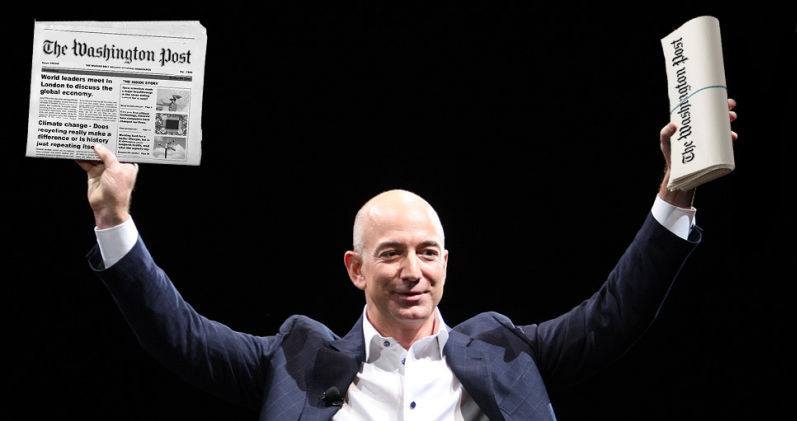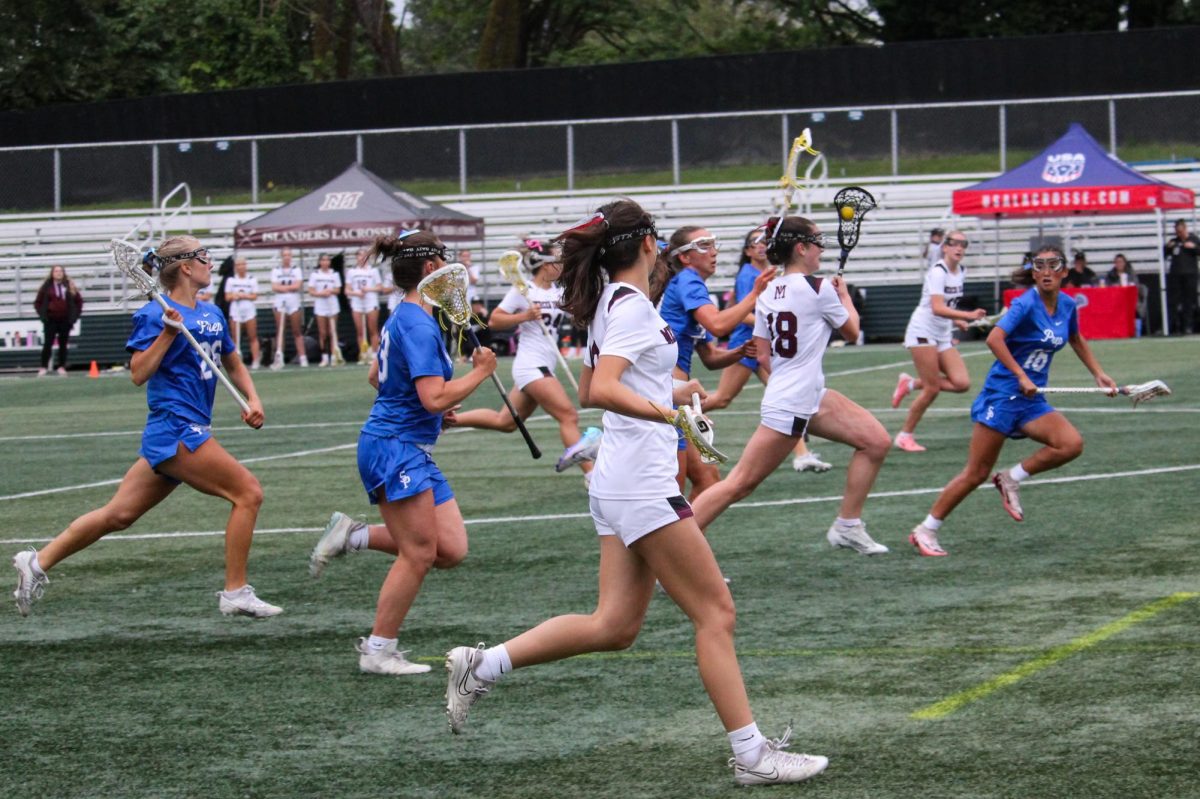“It takes all of us.” “End racism.”
If you’ve watched any NFL game over the past two seasons, chances are you have seen one or both of these two slogans adorning the end zones. These statements are a large part of the NFL’s seemingly-nominal effort to combat racism following the killing of George Floyd.
When it comes to addressing racism within the league itself beyond slogans, the NFL has been much more reticent on taking meaningful action.
The league’s track record over the past few years is rather damning. Over the past two decades alone, the NFL has engaged in questionable behavior, including but not limited to blackballing quarterback Colin Kaepernick for speaking out against police brutality while simultaneously allowing the now-Washington Commanders franchise to have a sexual misconduct epidemic right under its nose.
As the NFL has been, historically speaking, a league only concerned with racism when it affects their bottom line, ex-Miami Dolphins head coach Brian Flores’ explosive class-action lawsuit against the league is unsurprising.
Flores is suing the league for alleged racist hiring practices for coaching and executive positions, and explicitly names the Miami Dolphins, the Denver Broncos and the New York Giants.
Within the suit, there are numerous allegations positioned to crack open the normally tight-lipped league. Flores alleges that he refused Miami Dolphins owner Stephen Ross’ offer to pay him $100,000 per loss during the 2019 season. His refusal, he alleges, contributed to his eventual dismissal from the team.
Additionally, Flores provides screenshots depicting New England Patriots coach Bill Belichick congratulating Flores for receiving the job coaching the Giants— before Flores has even interviewed. However, Belichick quickly realized his mistake. He had texted the wrong Brian, as he had meant to congratulate Brian Daboll, offensive coordinator for the Buffalo Bills.
Belichick’s texting faux pas aside, this exchange indicates that the Giants conducted a sham interview with Flores in an attempt at nominally appeasing the Rooney Rule, which requires teams to interview minority candidates for positions like head coach or general manager.
Ironically, conducting this sort of interview under pretense is actually illegal under the Rooney Rule.
With players and coaches speaking up to support this lawsuit, Flores’ claims evidently have substance. However, what is truly unfortunate is that Brian Flores had to forsake his chance to coach professional football in order to force attention to it.
In a league where 70% of the players are Black, having only two Black head coaches is a frankly embarrassing disparity that should have been raising alarms long before Flores filed his lawsuit.
This problem can be attributed to the shocking lack of diversity among NFL ownership, where only two are nonwhite, and zero are Black.
Throughout the existence of the league, the owner class has created an environment that allows white coaches to stay comfortable, armed with second and third chances, while Black coaches often are required to operate with higher standards and fewer chances.
This is seen clearly in the case of Flores, who led the Dolphins to their first back to back winning seasons since 2002/2003, which is remarkable as when he was first hired they were widely considered the worst team in the NFL.
By many accounts, Flores turned the franchise around, yet that was still not good enough to overcome the impossibly slim margin for error set for him by Ross.
NFL owners have never exactly been saints. In 2017, late Texans owner Bob McNair said “We can’t have the inmates running the prison,” in a meeting over how to address players who chose to kneel for the national anthem. This type of charged statement displays that these disturbing events are not singular, but rather make up a trend.
Ex-Washington Commanders owner Dan Synder is currently under fire by none other than the U.S. House of Representatives’ Committee on Oversight and Reform for workplace misconduct that occurred during his tenure.
McNair and Synder’s comments, along with the allegations against Ross, go to show that NFL ownership cannot be trusted to follow an honor code system of improving racial equity.
To truly address the disparity alleged in Flores’ lawsuit, the culture created by the NFL owners must go. While there are no easy answers for what this looks like, at least in Brian Flores’ case, success is getting this lawsuit into the discovery phase. Why? Because there are undoubtedly smoking guns and discovery could bring those out and force the NFL to prioritize meaningful change.
No matter what the NFL does or does not do, one factor remains indisputable: Brian Flores will likely never coach another NFL game. Unfortunately, this is not just conjecture– viewers can look no further than the treatment extended to Colin Kaepernick.
In even the best-case scenario, there is no total victory, as Flores has sacrificed his opportunity to pursue his passion. It is now up to the NFL to address their discriminatory hiring practices and cultures created by its owners in order to give Flores the justice he deserves.
















Ben Murawski • Feb 16, 2022 at 2:05 pm
It takes all of us. End racism now.